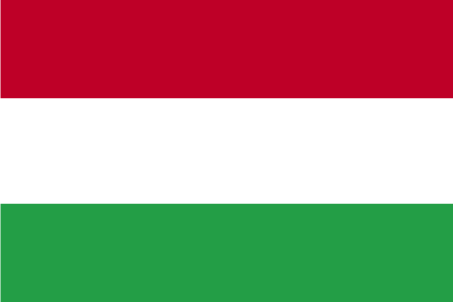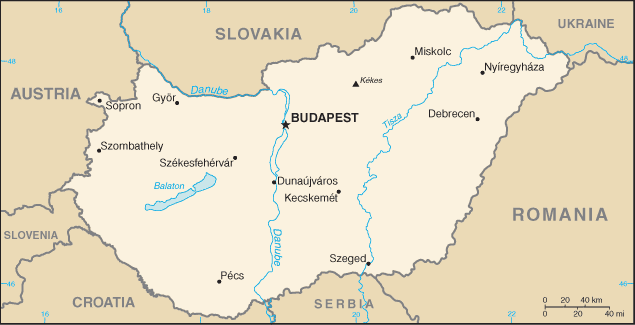Investing in Hungary


Hungary has made the transition from a centrally planned to a market economy, with a per capita income nearly two-thirds that of the EU-25 average. The private sector accounts for more than 80% of GDP. Foreign ownership of and investment in Hungarian firms are widespread, with cumulative foreign direct investment worth more than $70 billion. The government's austerity measures, imposed since late 2006, have reduced the budget deficit from over 9% of GDP in 2006 to 3.2% in 2010, with a target of less than 3% in 2011. Hungary's impending inability to service its short-term debt - brought on by the global financial crisis in late 2008 - led Budapest to obtain an IMF/EU/World Bank-arranged financial assistance package worth over $25 billion. The global economic downturn, declining exports, and low domestic consumption and fixed asset accumulation, dampened by government austerity measures, resulted in an economic contraction of 6.3% in 2009. In 2010 the new government implemented a number of changes including cutting business and personal income taxes, but imposed "crisis taxes" on financial institutions, energy and telecom companies, and retailers. The economy rebounded in 2010 with a big boost from exports, especially to Germany, and growth of more than 2.5% is expected in 2011. Unemployment remained high, at more than 10% in 2010.
Budapest Stock Exchange Ltd. - http://www.bse.hu/
Magyar Aluminium - http://www.mal.hu/
Magyar Olaj es Gazipari - http://www.mol.hu/
National Bank of Hungary - http://www.mnb.hu/
TOTAL Hungary - http://www.total.hu/
Countries that border Hungary: Slovakia | Austria | Slovenia | Croatia | Serbia | Romania | Ukraine
Learn more:
Back to Country Investing



